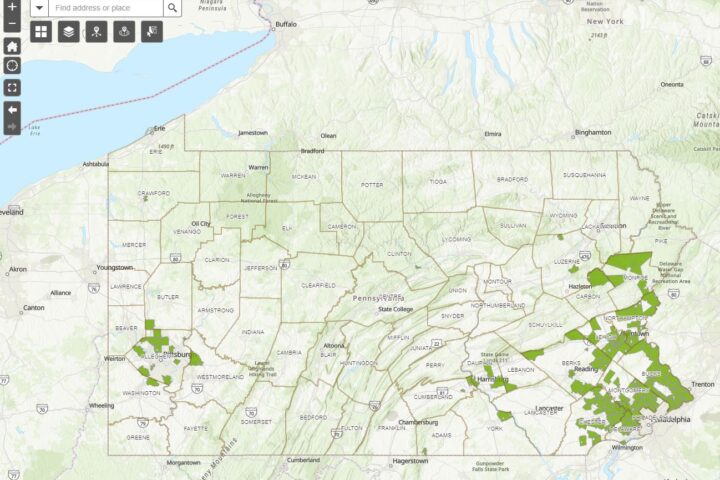A guest blog post written by Erich W. Neal, Doylestown Township. Photograph used under creative commons license attribution 2.0, by Nicolas A. Tonelli.
Consider turning off your outdoor lights at night. Light pollution is a serious concern, with a negative impact on our local wildlife. The amount of light you shine onto your house from the outside into your windows can also affect your sleep patterns. We are adapted to experiencing darkness at night, as are the insects, birds, bats, and other creatures in your garden. Upsetting this natural rhythm with artificial light degrades the health of everything around us, as well as ourselves.
Half the creatures on the planet have evolved to perform all their life functions at night, in the dark. Light, to them, is the moon and the stars. They use that small, faint, distant light to navigate, nest, feed, mate, hide from predators and cue behaviors. Our artificial light upsets behaviors that are hard wired into their very being. Basically, they attract insects to fly around the light all night, instead of collecting food/pollen. According to research, some types of moths, etc., can exhaust themselves to death in a single night. They don’t mature as well or as fast. They don’t lay eggs correctly. They are much more vulnerable to predators while flying around a light. They become ‘lost’ and are night blinded. Birds and bats also have their rhythms of sleep and hunting thrown off by the presence of light at night.
If there is a concern about security, consider putting your light on a timer, or putting a motion sensor on it, or changing your light to a red light. Red light does not register with most animals, and therefore does not cause the detrimental effects listed above.


